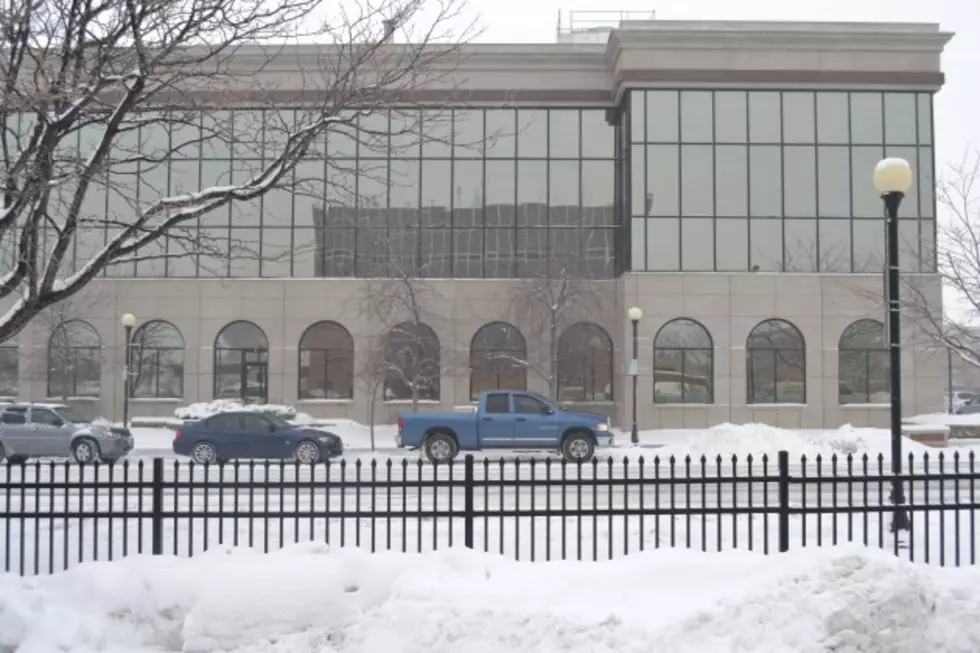
Banks Hurt By Troubled Welfare States
~~By Sven Larson~~
I am working on a third installment about the G20 governments’ solemn vow to not leave any business, any product or any market unregulated. While that one is progressing, it is time to yet again say:
Never bark at the big dog. The big dog is always right.
Today Ambrose Evans-Pritchard of the Daily Telegraph has this to say about Europe’s troubled banks and even more troubled welfare-state governments:
Anybody with serious banking exposure to any EMU state on the front line of Europe’s macro-economic crisis now knows what to expect. The deal reached by EMU finance ministers on the use of the bail-out fund (ESM) to recapitalise distressed banks makes clear who will in fact suffer the real losses: first shareholders, then bondholders and then deposit holders above €100,000. They stand to lose almost everything, as we saw with Laiki in Cyprus.
See I told you so. I have said all along that this will spread, and not just to other European countries. This is going to become a big problem for the banks in any country that adopts the Cyprus Bank Heist confiscation scheme. It is very likely going to change the very way that banks provide services for wealthy customers.
But there is more to this. I have also pointed out on numerous occasions that the banks are liable for losing customers’ money on wild-brained real estate speculation, but I have also explained that if there had not been a welfare-state crisis at the same time, the banks would have prevailed without requiring bailouts and restructuring help. With Evans-Pritchard, this point is now slowly beginning to make its way out in the public:
Officials from the European Central Bank and the European Commission warned during the Cyprus crisis that it would be dangerous to set such a precedent, fearing contagion. The Portuguese were openly alarmed. So has that risk of contagion since dissipated? One should have thought quite the opposite, given the yield spike in Portugal, Spain, Italy et al since the Bernanke Fed dropped its taper bomb this week.
He is right. Nothing has changed in terms of the depressed economic activity in Europe’s more troubled welfare states. Then we get to the marriage-made-in-hell kind of relationship between banks and governments in Europe, and a reminder of how the decision to raid bank customers’ accounts fits into the picture:
The states that are already in trouble will have to carry most of the burden of recapitalising banks, pushing them over the edge into actual insolvency. They will have to come up with the money needed to raise capital ratios to 4.5pc of assets. Then come the private haircuts, which of course risk devastation for the host country, and the collapse of investor confidence.
There is one more angle to this. Europe’s banks bought massive amounts of government bonds during the decade leading up to the current crisis. While in 2009 EU governments committed 700 billion euros for bank recapitalization and restructuring programs, in that same year, according to Eurostat, financial institutions owned more than one trillion euros worth of treasury bonds issued by Ireland, Spain, Italy and Portugal.
These are, as we know, some of the most troubled welfare states in Europe – frankly, some of the most troubled in the world. And we are not even counting Greece here. In theory, therefore, if banks had refrained from buying any bonds from troubled welfare states they would not be in such a bad need of tax money to bail them out. Or, better yet: if the welfare states would have bought back the bonds they sold to the banks, the banks would have been solidly recapitalized and could have reinvested their money in bonds from more reliable countries.
Again: without the welfare state, Europe and its banks would have been in far better shape than they are now. As for America, the welfare state stands right in the middle of a fork in the road. Either we try to save it and follow Europe into the dungeon of industrial poverty; or we structurally reform away the welfare state, restore economic freedom and resume our pursuit of endless prosperity.
More From KGAB









